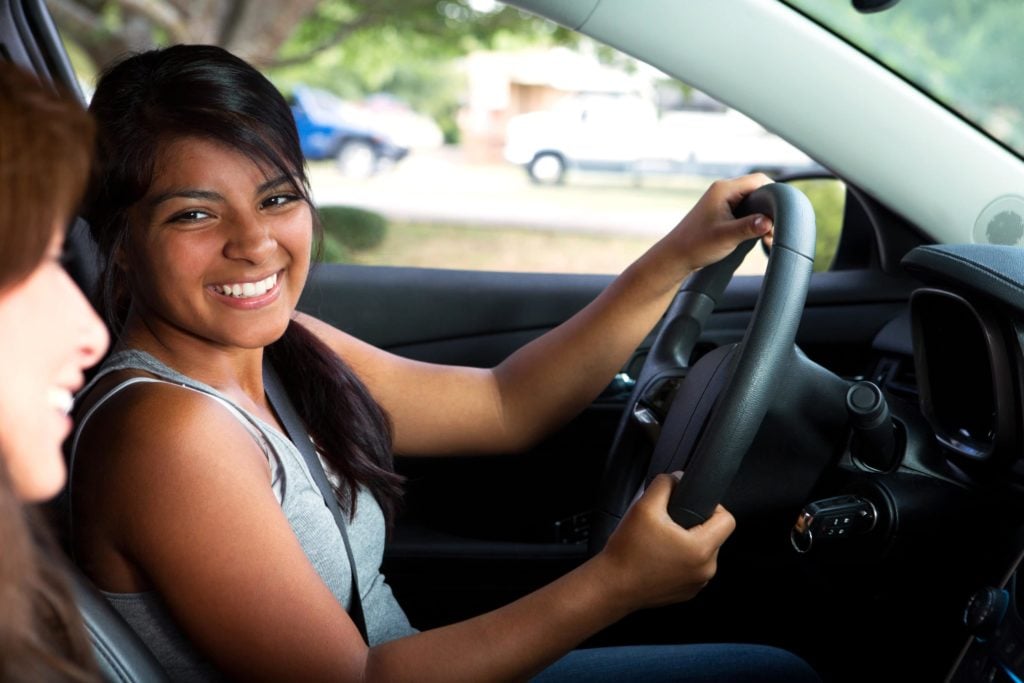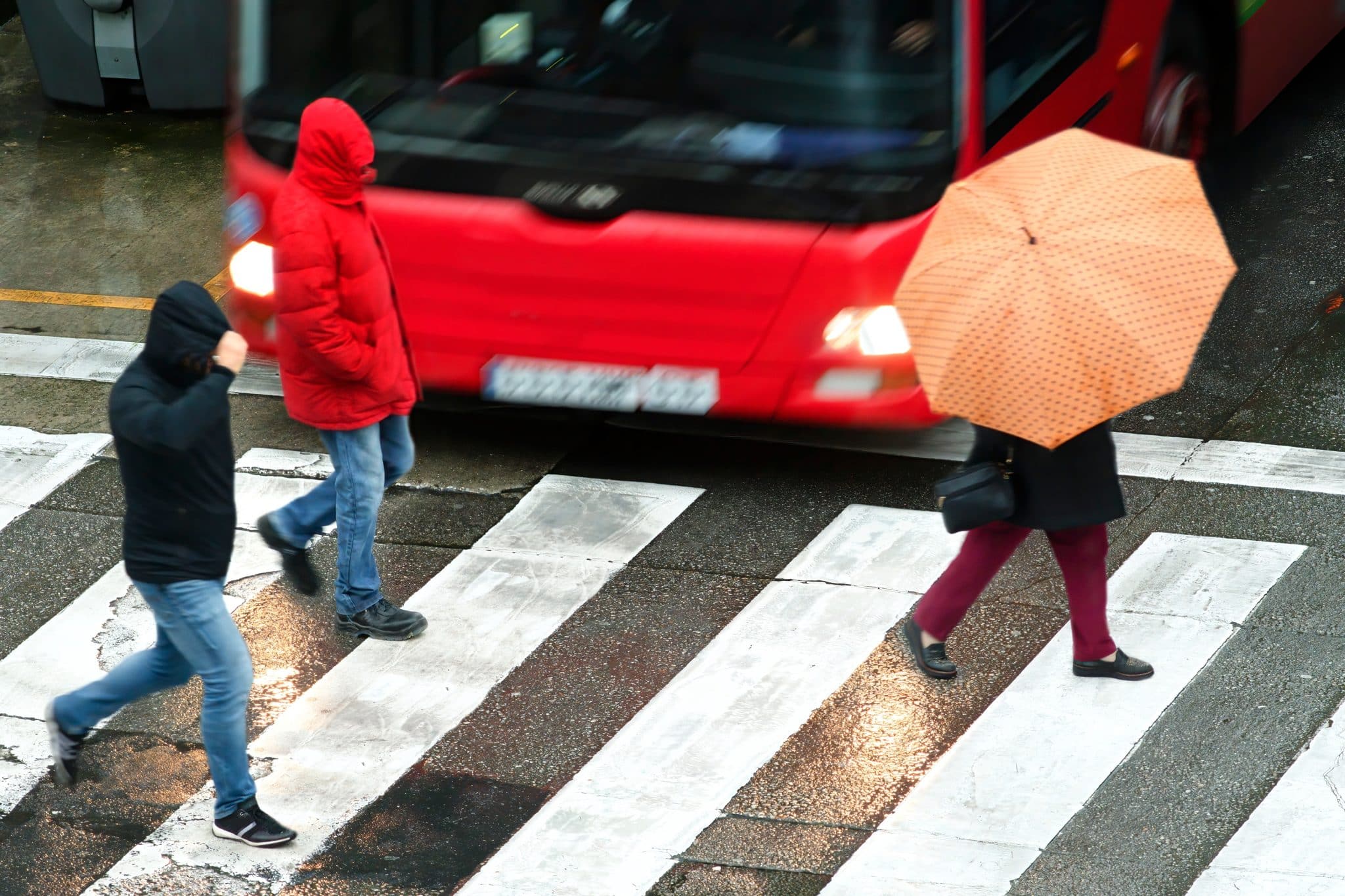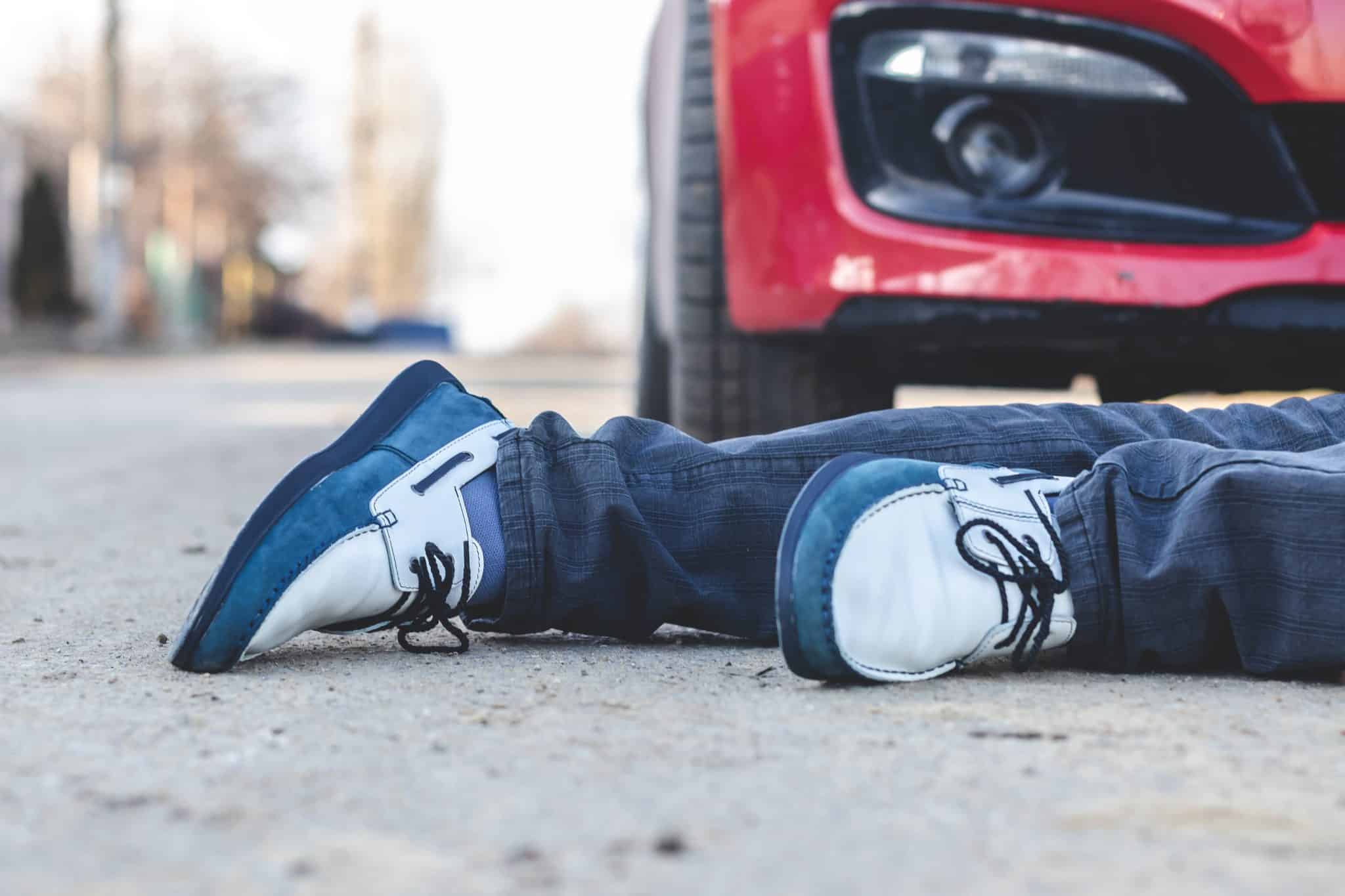
New Study Addresses How Teen Drivers’ Brains Could Make a Crash More Likely
The rate of a teenager’s brain development can influence their reaction time and behavior behind the wheel, according to a peer-reviewed study published in the Journal of American Medical Association. The study, recently discussed in Science News, says that teen brains have not yet fully developed and can contribute to teenagers’ likelihood of being involved in a car crash.
According to researcher Elizabeth Walshe, a cognitive neuroscientist at the University of Pennsylvania and the Philadelphia Children’s Hospital, the higher rate of car crashes involving young drivers is , “a big public health concern.” While many people may think that teen drivers are more accident prone due to a sheer lack of experience behind the wheel, Walshe and the other researchers found that lack of experience is not the sole factor in predicting whether a teen is likely to be involved in a traffic collision. To be sure, brain development also plays a primary role in teenagers’ likelihood of being in a crash.
In order to study the relationship between brain development and teen car accident risk, the researchers studied a group of adolescents for a total of seven years. the subjects were between the ages of 11 and 13. During the seven years, the researchers “measured [the subjects’] traits linked to having a car crash,” by having them interact with computer games that tested their working memory, which is directly associated with reaction time. Then, at the end of the study, when the participants were between the ages of 18 and 20, the researchers questioned the young drivers “about their driving experiences, including crashes.” Three out of ten of the teens studied said that they had been involved in at least one motor vehicle crash over the course of the seven years.
What factors of brain development may be increase a teenagers’ likelihood of being involved in a car crash? Walshe explains that working memory can affect a teenager’s risk level of being in a car accident compared to adults. As Walshe clarified, working memory “stores temporary memories to help the brain process information in the moment.” To put it another way, “think of it like a computer’s random access memory, or RAM.” Ultimately, working memory affects a person’s reaction time because they are using what they know about their surroundings to make fast decisions in the moment. The researchers discovered that the rate of development for a teenager’s working memory influences their chances of being involved in a car accident. Teens with working memories that develop more slowly are more likely to be in a crash, the study concludes.
Because teens’ working memories develop at different rates, it is important for all teenagers to minimize distractions behind the wheel in order to decrease their likelihood of being in a crash. Teenagers may decide to avoid driving with other passengers and/or listening to music, because all of these tasks take up space in a driver’s working memory. As a person’s working memory develops, reaction time can improve, but that may not fully occur until adulthood or in a person’s late 20s.
Safety Tips for Teen Driving
Teens are more likely to be involved in a car accident than drivers of other ages. Accordingly, it is important for teens to follow safety tips behind the wheel. The following is a list of teen driving safety tips from Consumer Reports for teens and parents alike:
- Always wear a seat belt;
- Never use a cell phone in any capacity while driving;
- Travel within the posted speed limits;
- Never drink alcohol and drive;
- Keep an emergency kit in the vehicle at all times;
- Avoid nighttime driving;
- Avoid driving in inclement weather if possible;
- Limit the number of passengers in the vehicle; and
- Choose a car with appropriate safety features.
If you or your teenager were injured in a car crash, it is important to speak with a car accident lawyer about your options.



